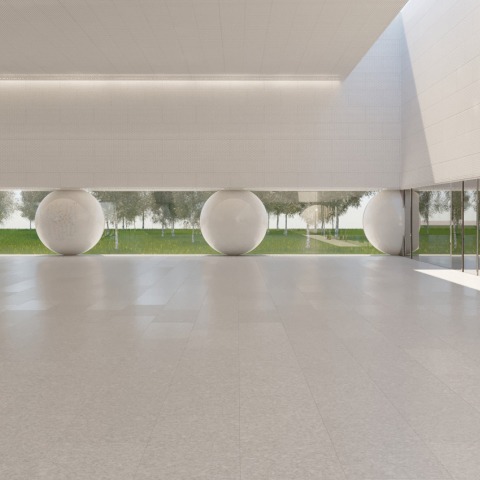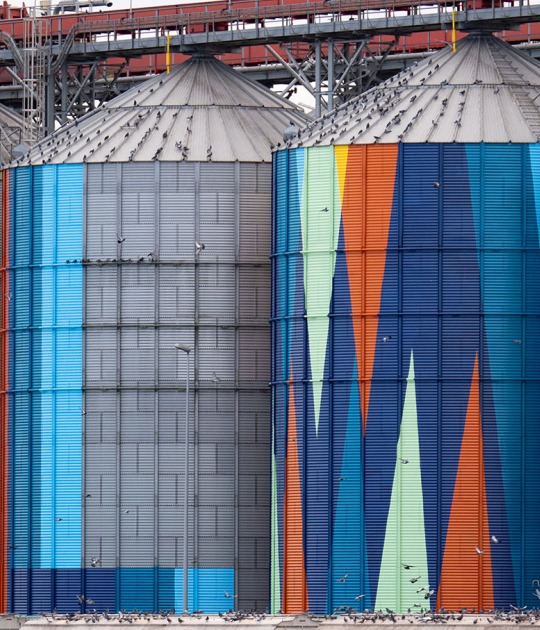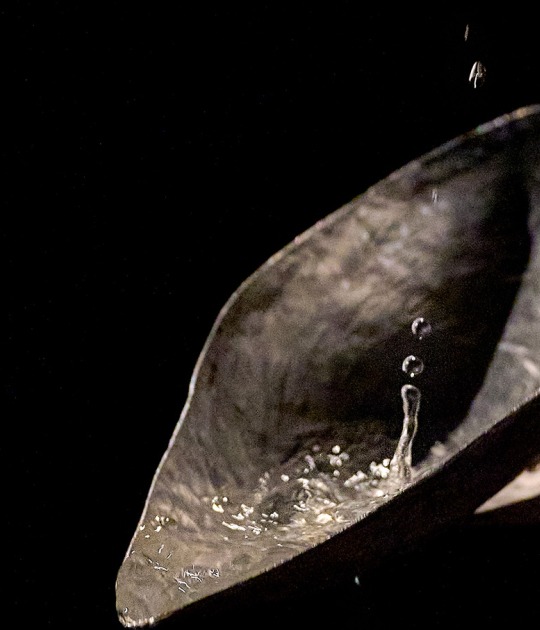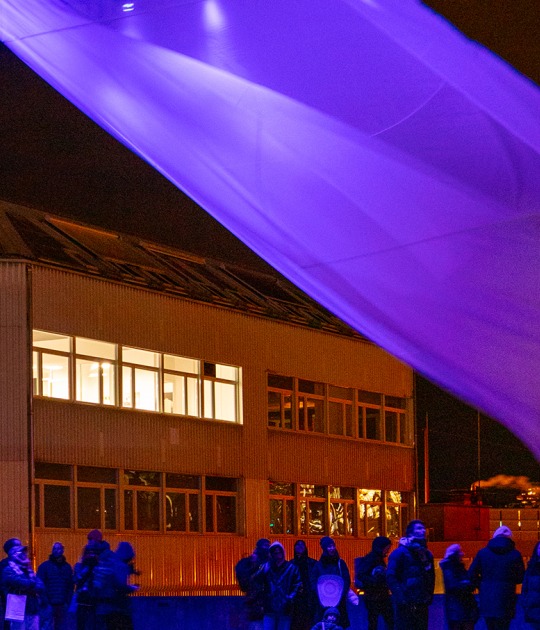The project proposed by the young Muscovite study AI-Architects has been selected as the winners of a competition to design the new Sheremetyevskaya Metro Station in Moscow, Russia. The open international competition sought proposals for the three stations of the Third Interchange Contour of Moscow Metro: "Rzhevskaya," "Sheremetyevskaya," and "Stromynka." The other two winning studios were BlankARCHITECTS for the “Rzhevskaya” station and MAPARCHITECTS for the "Stromynka" station.
The project is inspired and based on "Russian aristocratic traditions" using the greatness of the nobility and materials such as tiles and porcelain, but seeking to build a practical and functional project. The project by AI-Architects employs a series of rounded forms, which the architects refer as “friendly” and capable of filtering large flows of people to and from the station platform.
The project is inspired and based on "Russian aristocratic traditions" using the greatness of the nobility and materials such as tiles and porcelain, but seeking to build a practical and functional project. The project by AI-Architects employs a series of rounded forms, which the architects refer as “friendly” and capable of filtering large flows of people to and from the station platform.
«The winning projects will become contemporary symbols of those historical locations where the new stations will be located: — Maryina roshcha District, Rizhsky Station, Sokolniki Park — all these are dear to Muscovites. Therefore, it was important to fine-tune their architectural appearance.» said Sergey Kuznetsov, Chief Architect of Moscow
The design of the Sheremeryevskaya station combines the grandeur of Moscow’s historic stations with the ergonomics, functionality and practicality of the city’s more modern stations, resulting in a project that the architects describe as both “elegant and technological.” Named for the Russian nobleman Count Sheremetyev, the station will feature porcelain sets and tiles, a material common to the architecture of Russian nobility.
Above ground, spherical glass pedestals support the 70-meter-long station roof, giving it the appearance of floating. This language is continued to the underground, where rounded pylons feature a granite finish meant to resemble cracked porcelain pieces. Several design choices inside the station help to improve the user experience, including benches integrated into interior walls and mirrored surfaces intended to reduce the speed of passengers, who will involuntarily slow down lookong their reflection.
This is the second significant commission for AI-architects in Russia’s capital city, following the completion of the redesign of Borovitskaya Square in the historical center of Moscow by the walls of the Kremlin.










































